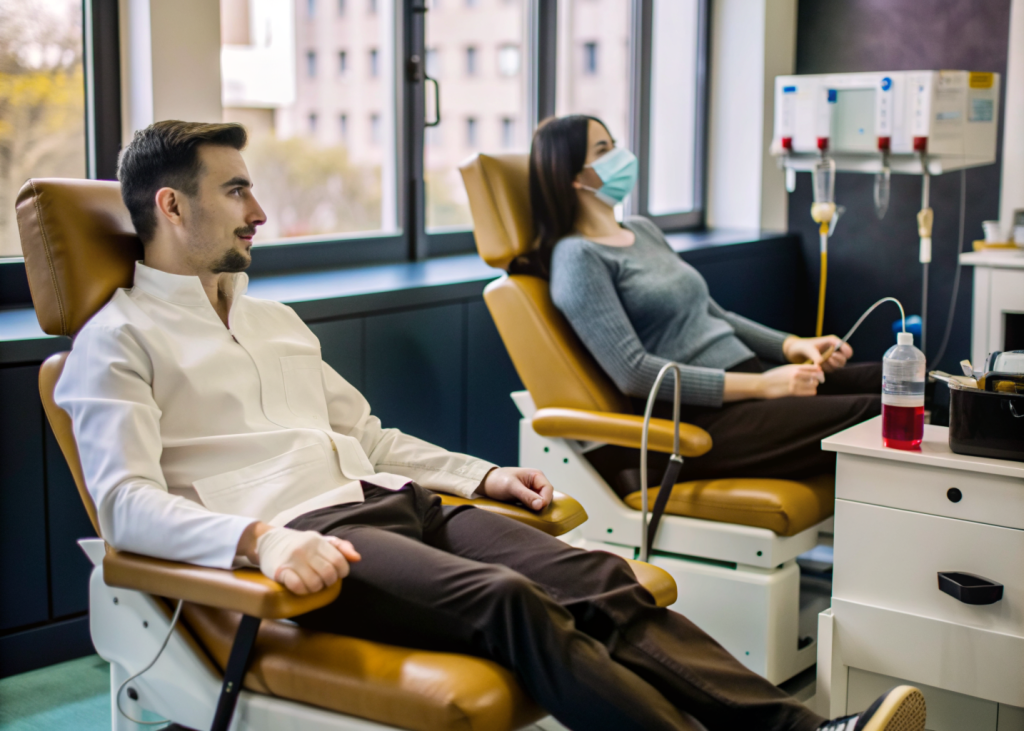Bipolar Test: Uncover Your Mind’s Hidden Patterns
Bipolar disorder affects millions worldwide, yet many remain undiagnosed. Understanding the signs and symptoms is crucial for early intervention and effective management. A bipolar test can be a valuable tool in identifying potential mood patterns associated with this condition. This article explores the importance of bipolar tests, how they work, and what to expect from the results.
Understanding Bipolar Disorder and the Need for Testing
Bipolar disorder is a complex mental health condition characterized by extreme mood swings. These fluctuations can significantly impact daily life, relationships, and overall well-being. Recognizing the need for a bipolar test is the first step towards better mental health management.
- Bipolar disorder affects approximately 2.8% of adults in the United States
- Many individuals go undiagnosed for years, leading to potential complications
- Early detection through a bipolar test can lead to more effective treatment and improved quality of life
Types of Bipolar Tests and How They Work
There are several types of bipolar tests available, each designed to assess different aspects of mood and behavior. Understanding these tests can help you prepare and know what to expect.
- Mood Disorder Questionnaire (MDQ): A brief self-report screening tool
- Bipolar Spectrum Diagnostic Scale (BSDS): A narrative-based assessment
- Structured Clinical Interview for DSM-5 (SCID-5): A comprehensive diagnostic interview conducted by a mental health professional
These tests typically involve answering questions about your mood, energy levels, sleep patterns, and other relevant behaviors. The results are then analyzed to identify potential bipolar disorder indicators.
What to Expect from Bipolar Test Results
After completing a bipolar test, it’s essential to understand how to interpret the results and what steps to take next.
- Test results are not definitive diagnoses but rather indicators of potential bipolar disorder
- A positive screening result suggests the need for further evaluation by a mental health professional
- Negative results don’t necessarily rule out bipolar disorder, especially if symptoms persist
It’s crucial to discuss your test results with a qualified healthcare provider who can provide a comprehensive evaluation and recommend appropriate treatment options if necessary.
The Importance of Professional Diagnosis and Treatment
While bipolar tests are valuable tools for initial screening, they should not replace professional medical advice. A proper diagnosis involves:
- Comprehensive clinical assessment
- Review of medical and family history
- Consideration of other potential mental health conditions
Once diagnosed, treatment options may include:
- Medication management
- Psychotherapy (such as cognitive-behavioral therapy)
- Lifestyle modifications to support mood stability
Remember that bipolar disorder is a manageable condition, and with proper treatment, individuals can lead fulfilling lives.
Conclusion
Bipolar tests play a crucial role in identifying potential mood disorders and guiding individuals towards appropriate care. By uncovering hidden patterns in your mind, these tests can be the first step towards better understanding your mental health. If you suspect you may have bipolar disorder, don’t hesitate to take a screening test and consult with a mental health professional. Remember, early detection and intervention are key to managing bipolar disorder effectively and improving overall quality of life.




